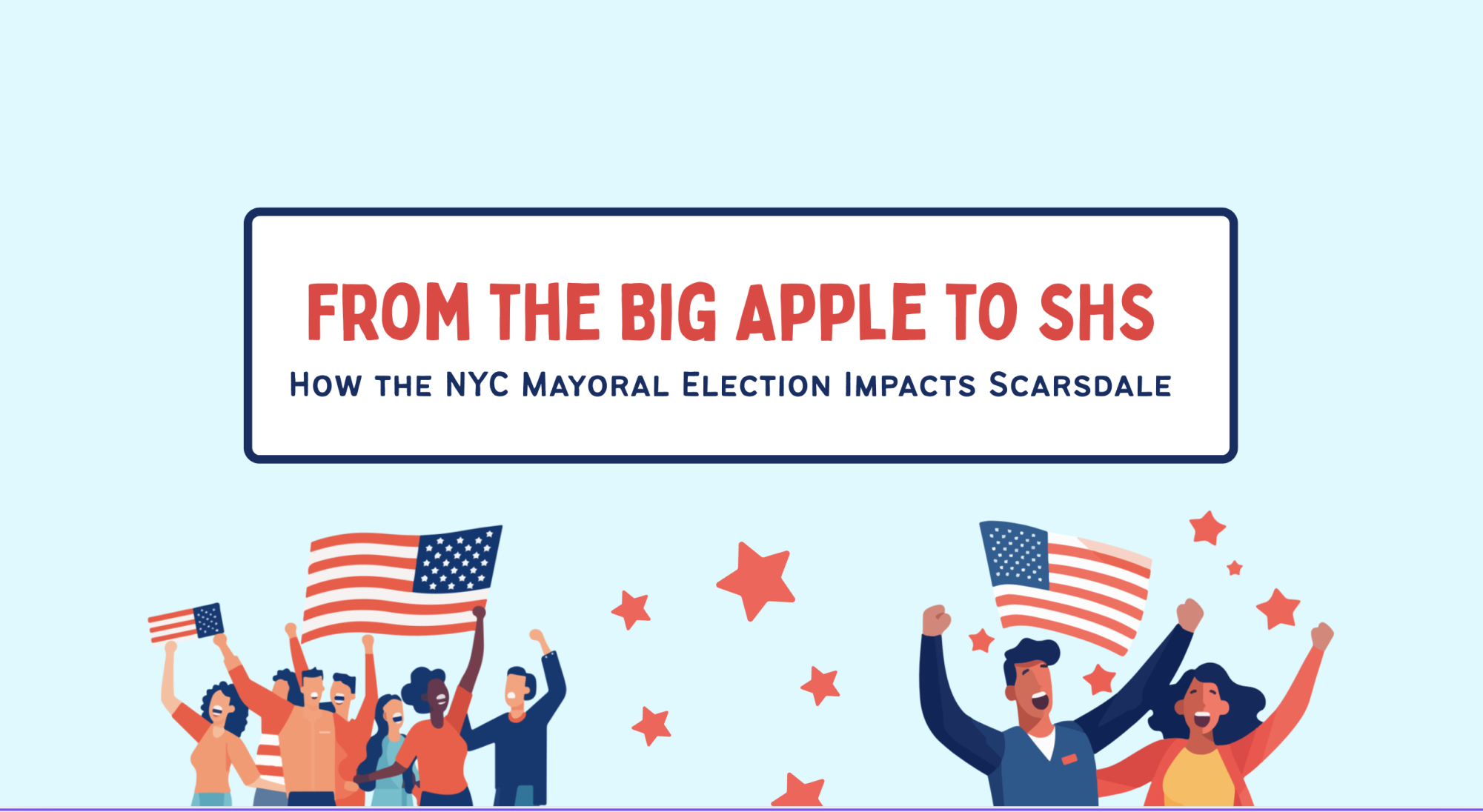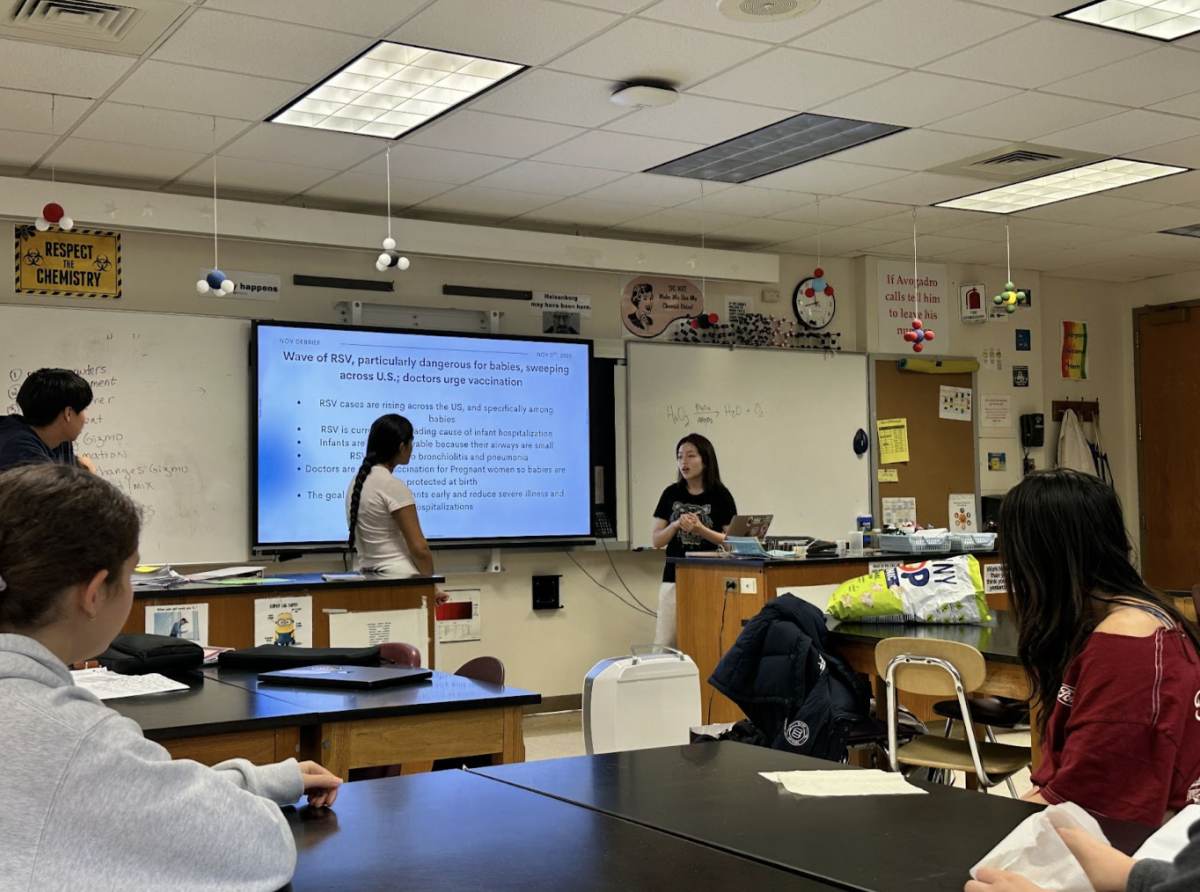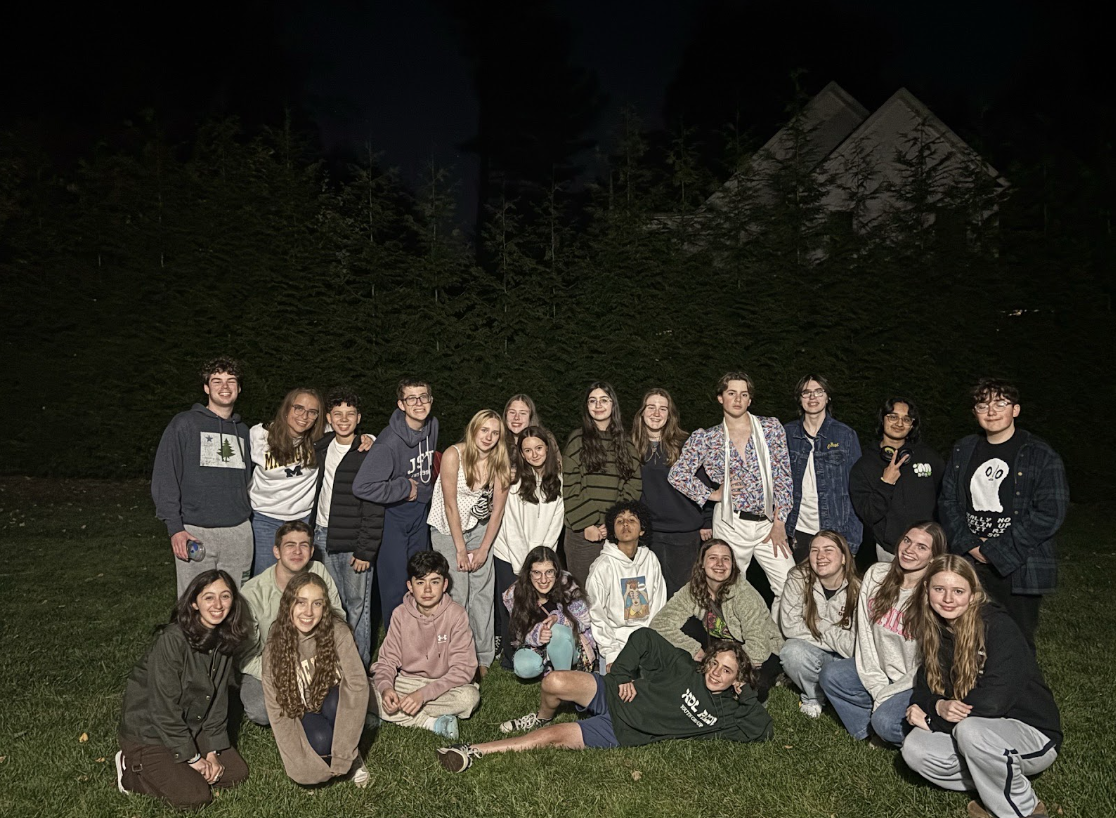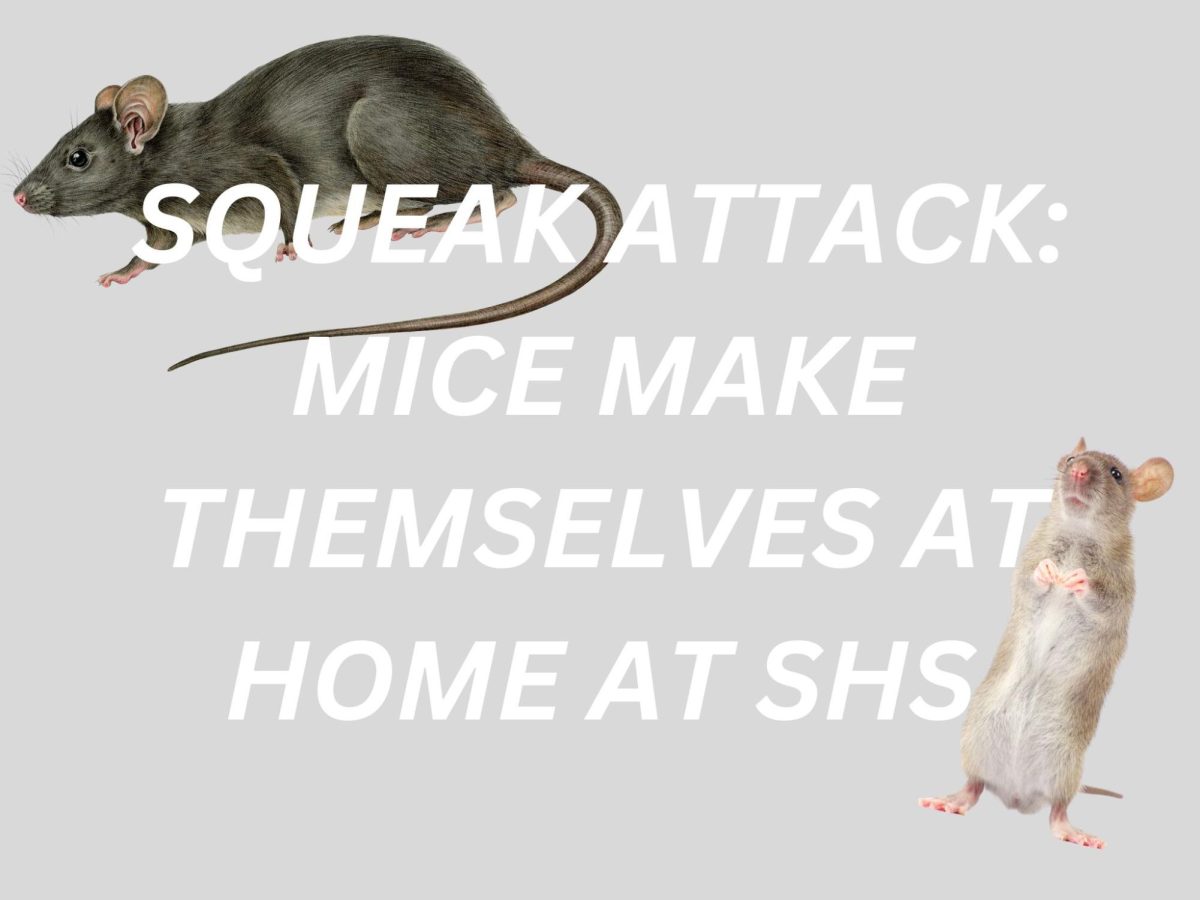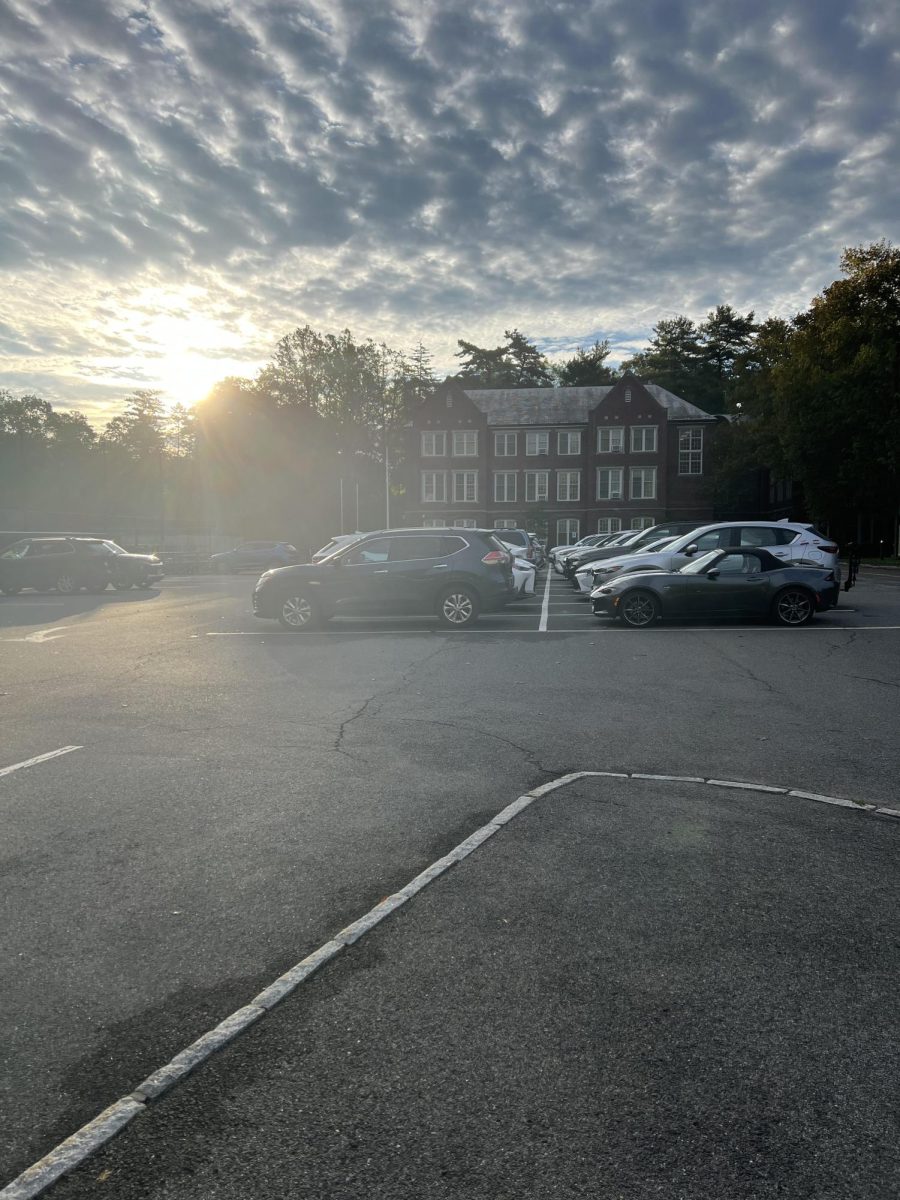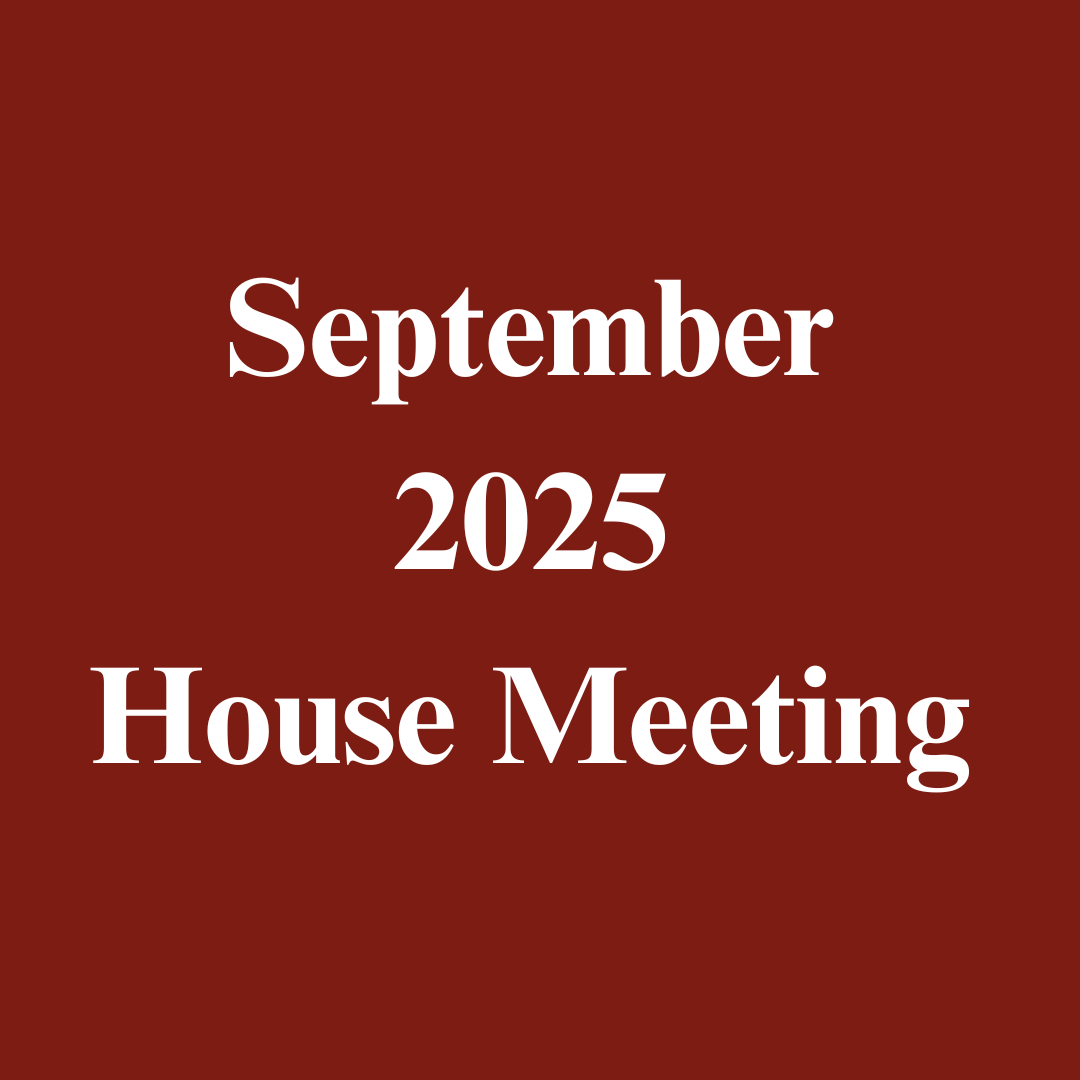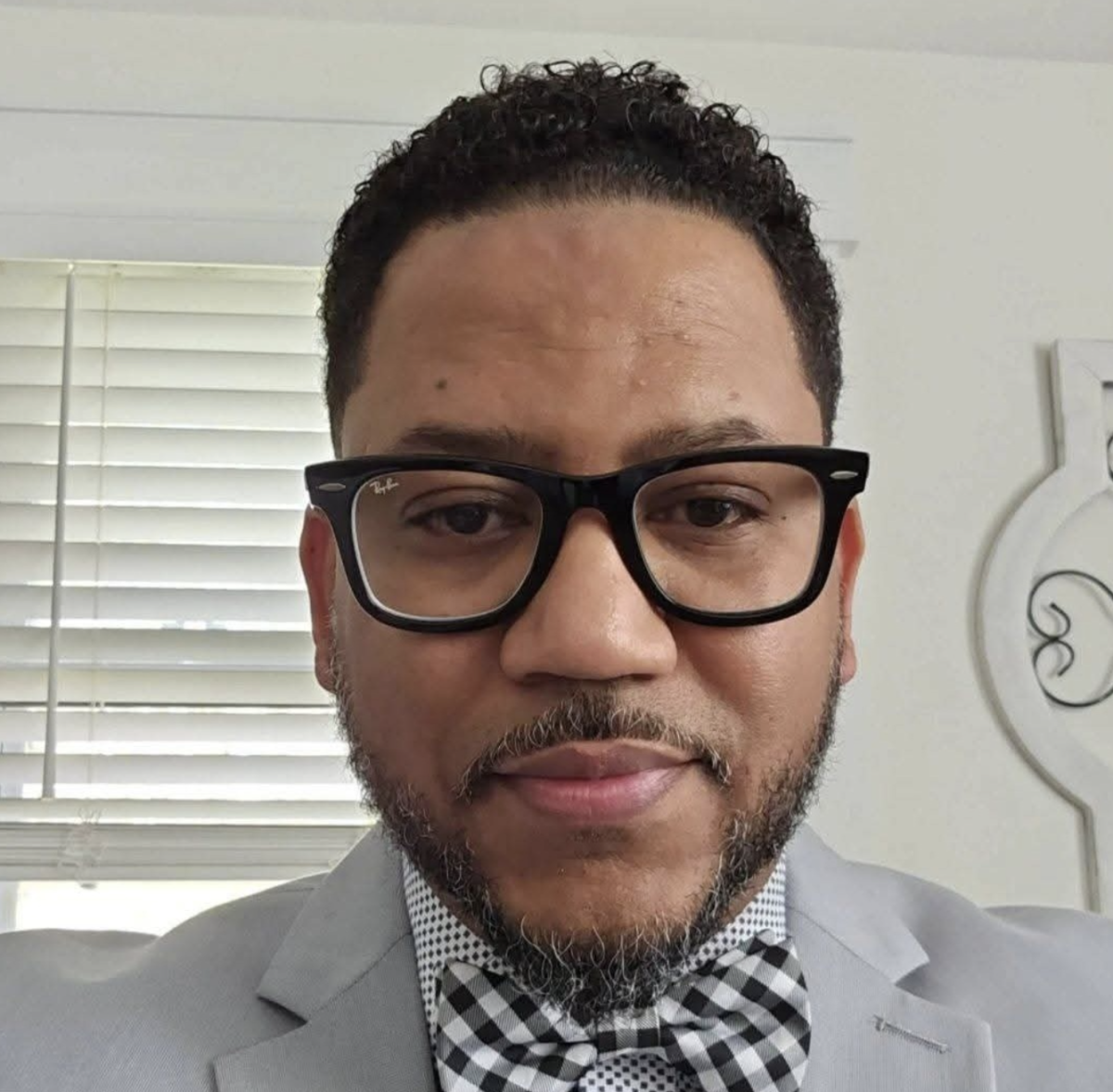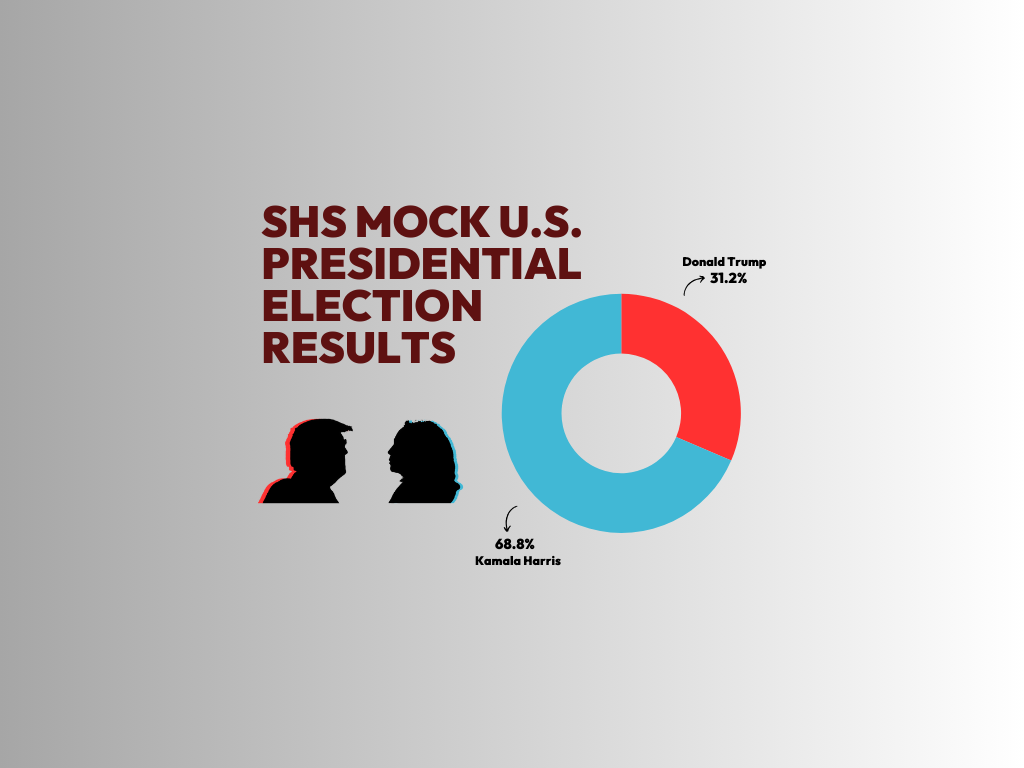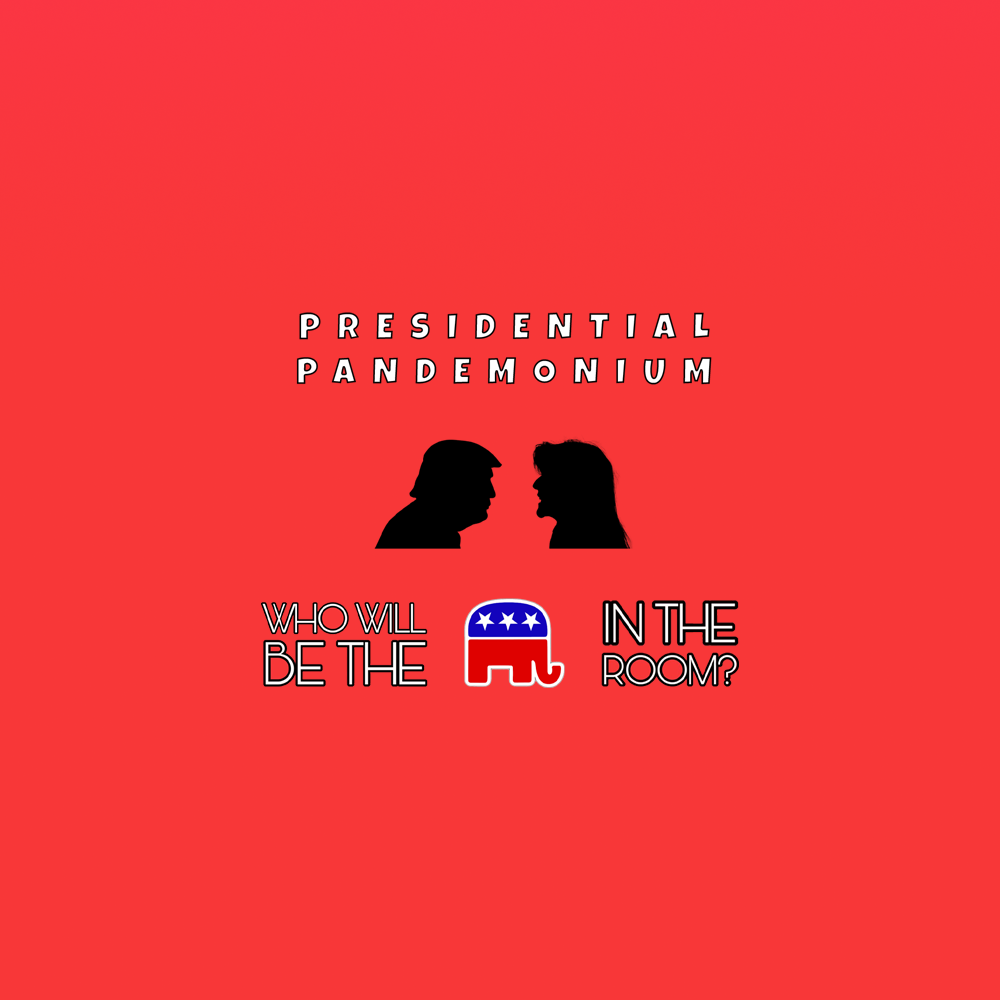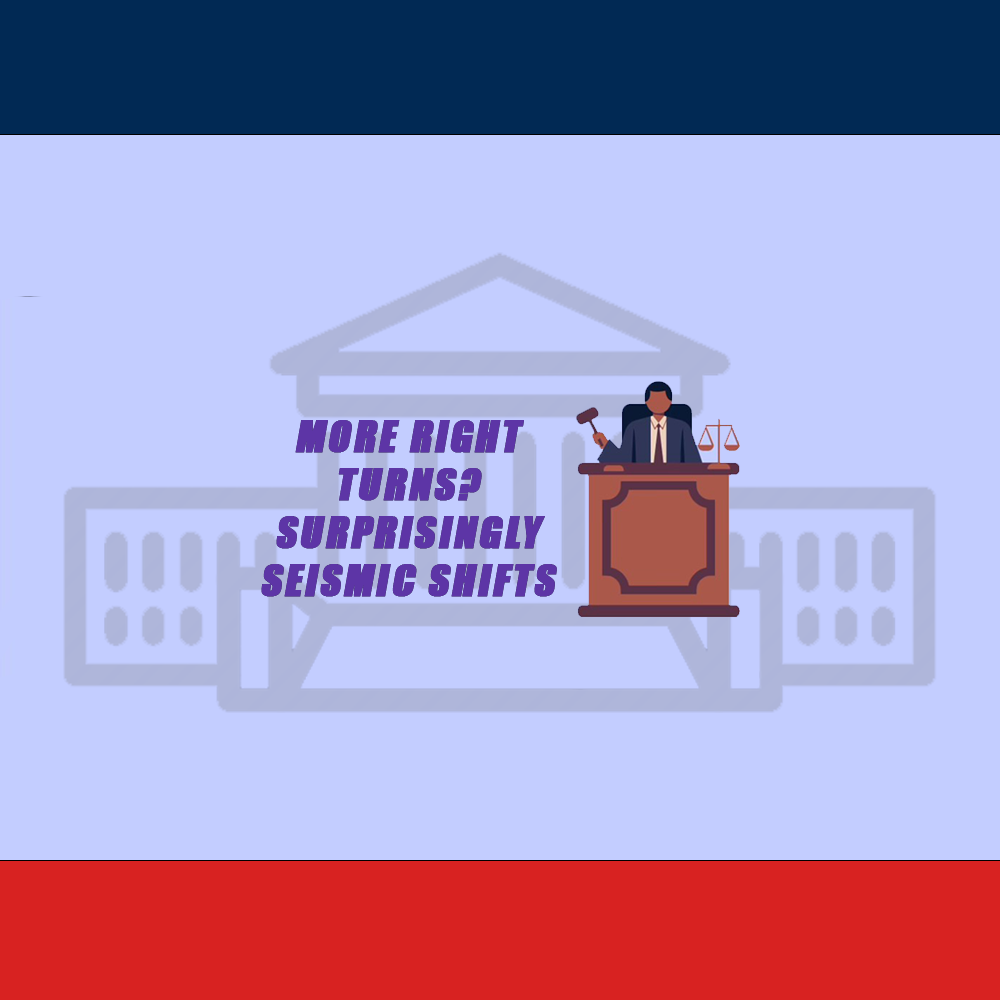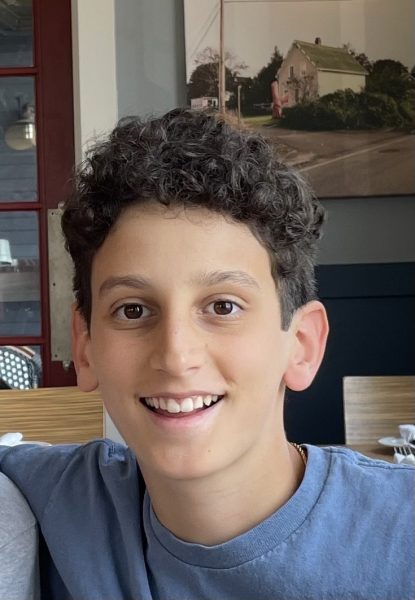The NYC Mayoral Election has become one of the most highly anticipated elections in recent memory, even in areas outside of the city, like Scarsdale. The wide range of candidates with numerous divisive views—and varying age, experience, and personality—has driven voters and onlookers to have strong opinions.
The election has become so eagerly awaited mainly due to the larger political climate—the results of this election is believed to be a bellwether for the future of the struggling Democratic Party. Throughout New York, issues such as working with President Trump, affordability, and safety are among the most important and controversial issues debated by Scarsdalians and New Yorkers in general.
At SHS, some teachers have been giving lessons about this crucial election. Specifically, SHS AT U.S. government teacher Elizabeth Harris feels she has a responsibility to educate students about publicized political happenings. She feels that being aware of local elections holds significance, and therefore has been teaching lessons based on the Mayoral race. “Even if students cannot vote, they are seeing and engaging with [the] media about this election, and it’s important for them to understand what they are seeing,” Harris mentioned.
When seeing all of the emphasis on this election, it is important to understand what the NYC mayor actually does, and how much power the mayor has. Harris explained that the mayor oversees an enormous number of departments relating to areas including education, sanitation, and the NYPD. However, the mayor cannot make unilateral decisions, as there are chancellors and commissioners for specific departments who the mayor must consult with. In addition, there is also an elected city council who can question the mayor’s decisions, and vote on certain issues.
SHS students in today’s world are mainly getting their political news through social media, and this has continued into the mayoral election. “I mainly see short clips of the debate, memes, or other soundbites on TikTok, Instagram, and YouTube,” Ben Strasser ’28 remarked. The effect of the election through social media is clear, especially as Mamdani appeals to the young voters through his charismatic posts on these platforms. While the other candidates are trying, they have certainly not found the same degree of success.
However, while some students are getting their information solely from social media, others are more tuned in, having actually watched the mayoral debates, beyond just clips. “My interest in this election stems from my close proximity to NYC. I am constantly visiting NYC and my parents work there, so I do think it affects me. My personal interaction with the city depends on who wins in some ways,” Nicholas Bertini ’28 explained. These students feel that even though Scarsdale is technically outside of NYC, the result of this race will still have a considerable impact on their life.
Harris also remarked on how some decisions the mayor makes directly affect Scarsdale families, including policies for the Metropolitan Transportation Authority (MTA). “Something like an MTA tax does affect us. MTA policy that the mayor works carefully on is applied to Westchester county, so right there is something we do need to be paying attention to.”
Needless to say, many SHS students, parents, and teachers will be tuned into the results on election day, November 4th. All signs are showing that this race is going to be a nail-biter—while Mamdani has a lead in the polls, this is objectively one of the most unpredictable mayoral races in years. With over thousands of early ballots already cast, only time will tell who will become the next New York City mayor.


